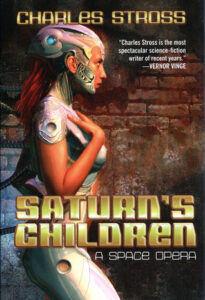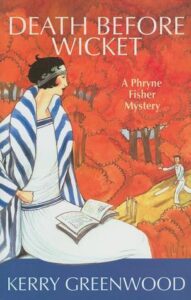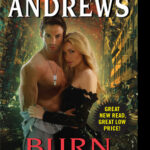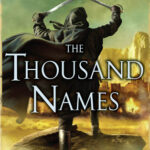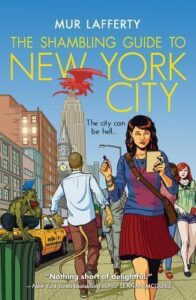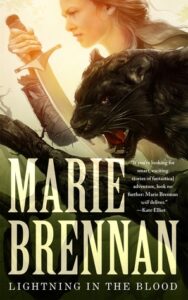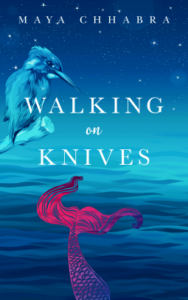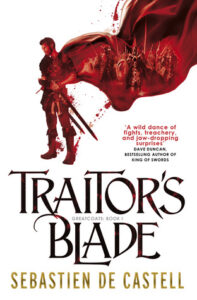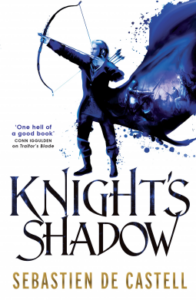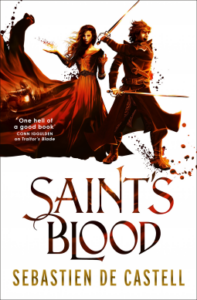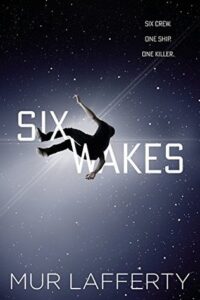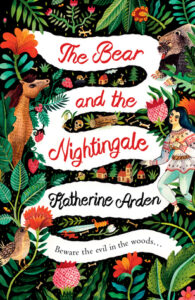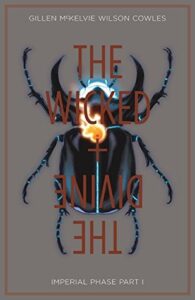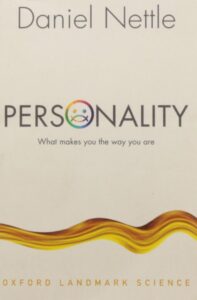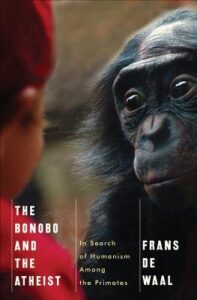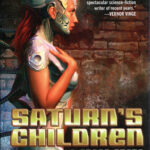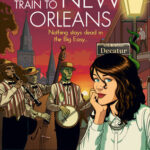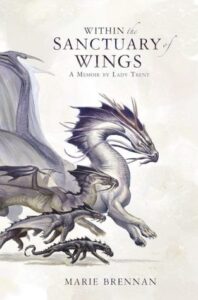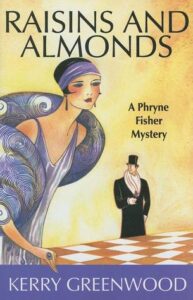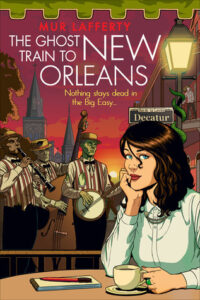 The Ghost Train to New Orleans, Mur Lafferty
The Ghost Train to New Orleans, Mur Lafferty
The Ghost Train to New Orleans picks up where The Shambling Guide to New York City left off, taking Zoe and her team (some of them new, some familiar) to New Orleans, and deepening the plot concerning Zoe’s abilities. It’s a little tropey — Zoe is an orphan, and the reason that her ability is rare is due to a purge in the coterie community where, for some reason, they felt a bit cross about people like her using their abilities to kill people. Zoe continues to be rather put off by some of the coterie around her, their abilities and tastes, and sometimes that just doesn’t make her look good.
But it’s still a really fun read, and I ate it up. I appreciated the way it dealt with Arthur and Zoe’s little budding romance (which dies on the branch before the end of this book, in case anyone was worried about urban fantasy tropes), and the way it was affected by Arthur’s problems. It becomes very clear that nothing comes for free in this world, which takes a particular character in an new direction — which could’ve been fascinating, if there were any more books to come.
I’m probably overlooking more faults, but honestly I wasn’t interested in picking nits. I really enjoyed the tone and some of the lore, and I wanted to know what happened. That was enough for me.
Instead, alas, I learn that Orbit only took on the two. Publishers, you’re mad. I’d grab the third book eagerly if it existed — I read the first two in two days.

